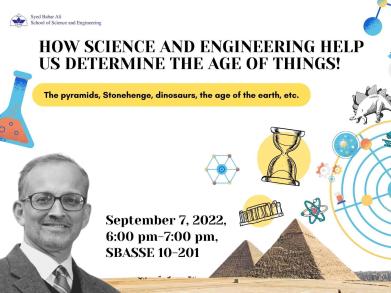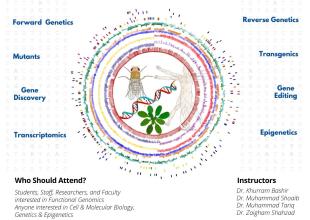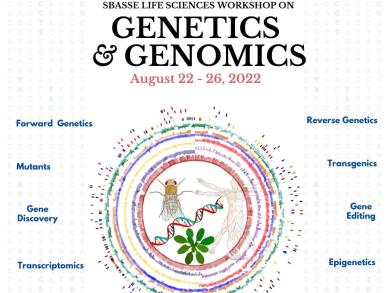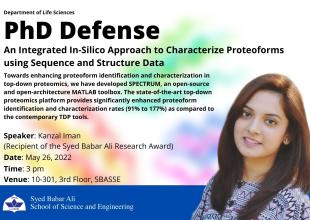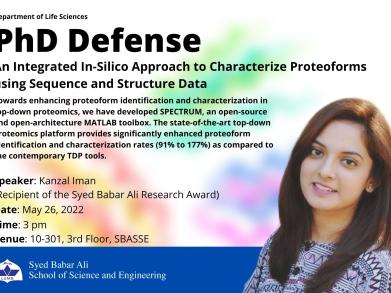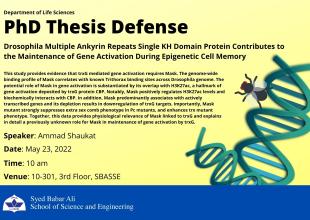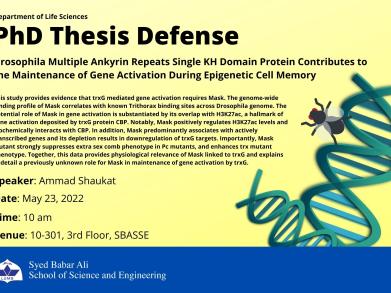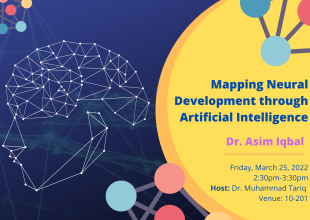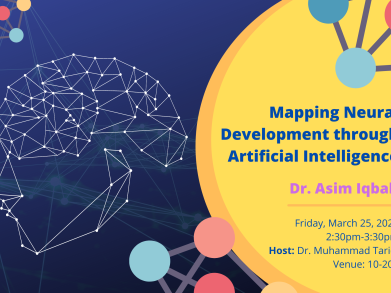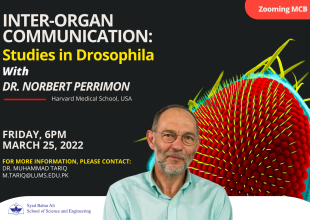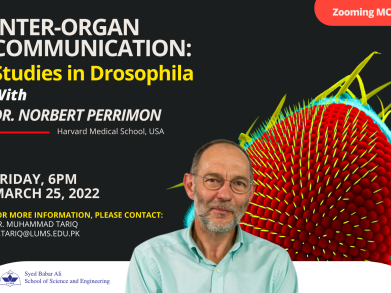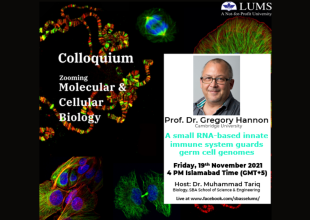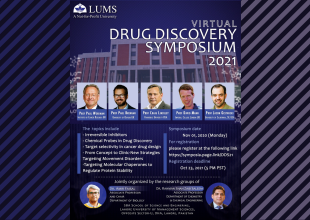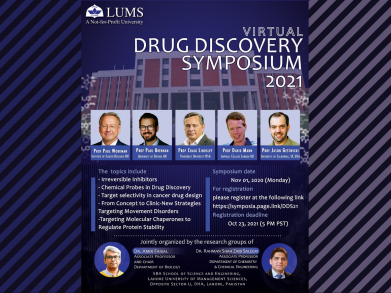
Asad Abidi received the BSc degree in Electrical Engineering from Imperial College, London, in 1976, and the Ph.D. from the University of California, Berkeley, in 1982. He worked at Bell Laboratories, Murray Hill until 1985, and then joined the faculty of the University of California, Los Angeles, where he is Distinguished Chancellor’s Professor of Electrical Engineering. With his students, he has developed many of the radio circuits and architectures that enable today’s mobile devices. Among other awards, Professor Abidi has received the 2008 IEEE Donald O. Pederson Award in Solid-State Circuits and the Best Paper Award from the IEEE Journal of Solid-State Circuits in 2012. The University of California, Berkeley’s Department of EECS recognized him as a Distinguished Alumnus in 2015. He was elected Fellow of IEEE in 1996, Member of the US National Academy of Engineering, and Fellow of TWAS, the world academy of sciences. Professor Abidi holds the Abdus Salam Chair at the SBASSE School of Science & Engineering, LUMS, Lahore.

